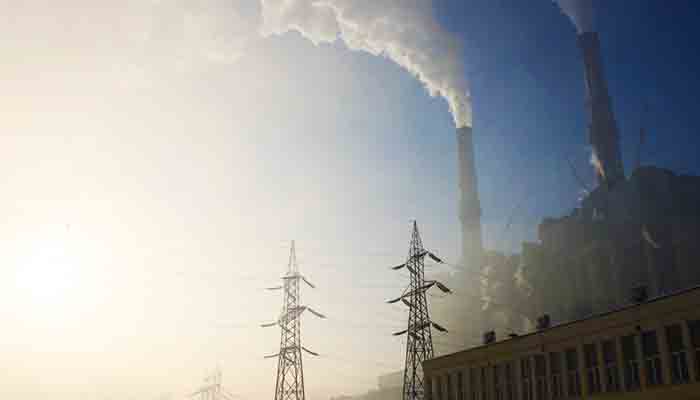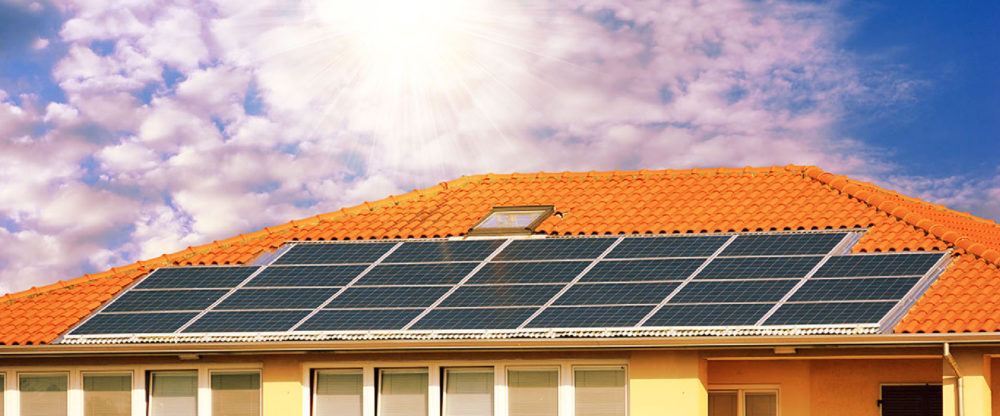Final rule filed on Trump’s Affordable Clean Energy plan

http://wvmetronews.com/2019/06/19/coal-industry-reacts-to-new-epa-rule/
CHARLESTON, W.Va. –West Virginia Coal Association President Bill Raney was cautiously optimistic about the Trump administration’s Affordable Clean Energy Rule.
The measure, announced Wednesday, would gut an Obama-era rule which required U.S. power companies to reduce carbon emissions by 35 percent over their 2005 levels by the year 2030.
“It’s positive for the coal industry for certain because we struggled with the Obama administration and everything they did,” Raney said.
However, it’s unclear just how quickly the new rule would have any noticeable impact on the coal industry or if it will at all.
Many power producers have already shutdown older coal-fired power plants and switched to alternative fuels like natural gas in newer operations to generate electricity. Some companies are already on a glide path to meet the standards which were imposed by the Obama-era rule.
“I think it will be slow and drawn out,” Raney said on MetroNews “Talkline.” “It’s a matter of an obstacle that was placed in front off the utility industry and it’s going to take a while to turn that around.”
In an article published last fall in Sierra, the national magazine for the Sierra Club, New York University School of Law Professor Richard Revesz predicted the change by the Trump administration would not stand up in court.
“The agency has a weak position, in part because the agency acknowledges that their rule will produce tens of billions of dollars of foregone benefits relative to the Clean Power Plan,” Revesz said.
“President Trump has been a friend of our state, and of coal, and the Affordable Clean Energy rule allows our state the autonomy to regulate energy and air quality without much of the unlawful federal overreach of the so-called Clean Power Plan,” Morrisey said in a statement.West Virginia Attorney General Patrick Morrisey gave credit to President Trump for the new rule.
U.S. Senator Shelley Moore Capito also praised the rule.
“The EPA’s final Affordable Clean Energy rule is another sign that the Trump administration is committed to commonsense regulation and ending the War on Coal, and that striking a balance between the economy and the environment is absolutely possible,” Capito said “The Obama administration’s so-called ‘Clean Power Plan’ was an unrealistic and strangling regulation that was devastating to West Virginia’s energy economy.”
Capito said the new rule would allow states and energy producers to reduce emissions at an “achievable pace” without hurting the economy.
“Combined with rolling back unnecessary bureaucratic red tape and compliance costs, this will keep American energy affordable and competitive on the world stage. West Virginians don’t have to choose between a clean environment and a thriving economy. We demand both; and with this plan, we can achieve both,” Capito said.
Senator Joe Manchin, who serves as the ranking member of the Senate Energy and Natural Resources Committee, said he pleased fossil fuel plants have more flexibility but addressing climate change should remain a top priority.
“I never supported the CPP because it required coal plants to install emission controls that were not ‘commercially proven’ at the time. It is unreasonable to ask power plants to utilize technologies that do not yet exist, and penalize them if they don’t. For this reason and others, the regulation became a subject of intense litigation causing further uncertainty for our power sector,” he said.
Gov. Justice Justice applauded the rule, calling it “President Trump’s rollback of Obama’s war on coal.”
“The Affordable Clean Energy Rule will give power where it belongs: back to the states. Places like California may be able to survive entirely on solar and wind and that’s great. But here in West Virginia, we live and die by the coal we mine and the oil and natural gas we produce,” he said.
“The Obama restrictions were so ridiculous and out of touch with the reality of life here in West Virginia, that thousands of people lost the lifestyle and standard of living they were accustomed to. This economic hopelessness in West Virginia led to a drug epidemic that we are still trying to recover from.”




